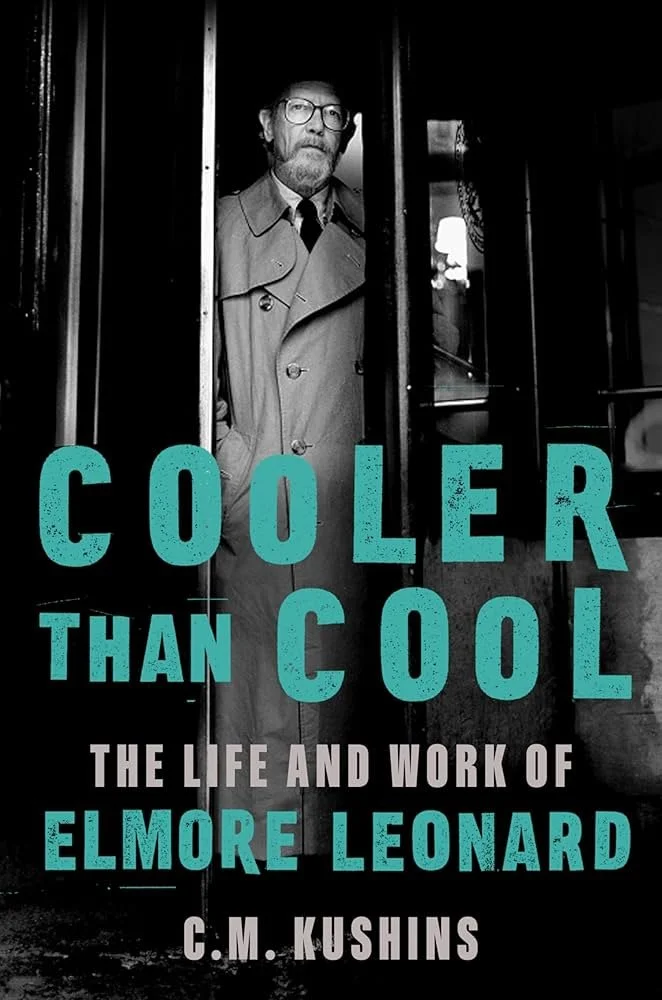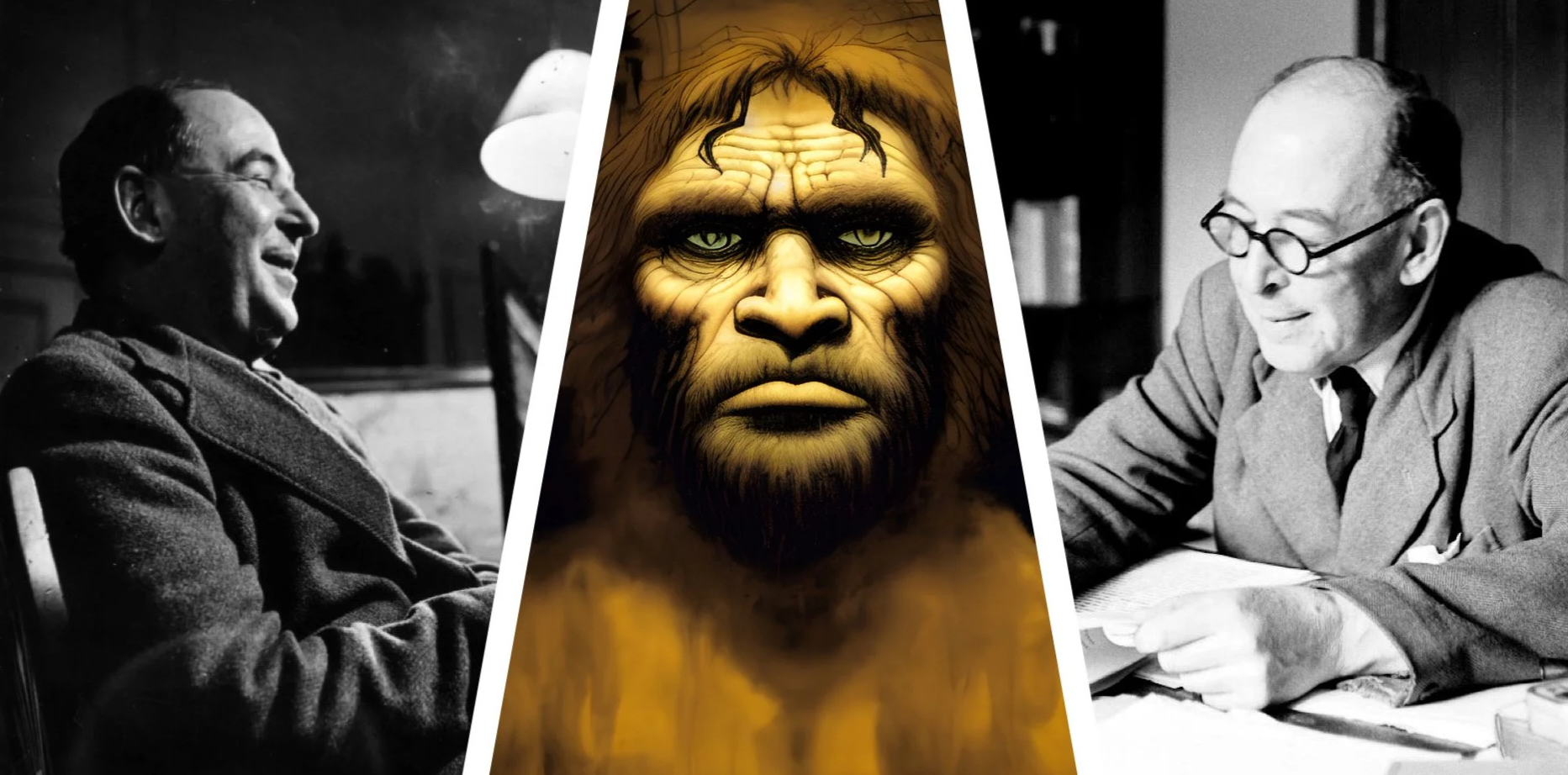The damned and the blessed
/Dante’s Comedy has three parts, but people commonly read only Inferno. I can somewhat understand why—Inferno is dramatic, fast-paced, and gossipy, with passages of seemingly straightforward horror. I think modern readers can also mistake Dante’s meditation on sin for salacious wallowing. But even if they read it in good faith, those who read only Inferno shortchange themselves.
I had already read the Comedy several times by the time I took Classical and Medieval Lit as an elective in college. (The chance to read my favorite book for credit was one reason I took it.) I’ve always been interested in structure as a part of storytelling, but it was in this class that my professor first drew my attention specifically to Dante’s use of parallelism across the three parts of the Comedy.
Case in point: I’ve been reading Michael Palma’s new complete translation of the Comedy and began Purgatorio last night. In canto II, Dante kneels to wash the smut of hell from his face—a requirement before he can enter Purgatory—and encounters a shipload of saved souls arriving to begin their purgation. They’re singing Psalm 114 as a hymn of deliverance and, before Dante can speak, greet him:
. . . with every face
turned toward us, the new people raised the cry:
“You there, do you know this mountain? If you do,
then show us the right road to climb it by.”
These souls are joyful and eager.
The contrast with the vestibule of hell, which parallels it in Inferno III, could not be more striking. There, instead of singing, there is pure, unrelenting, cacophonous noise. (“We will make the whole universe a noise in the end,” Lewis’s Screwtape asserts.) Instead of greeting Dante, the damned are too consumed with their tortures to do anything but flee the wasps that sting them. And where the souls arriving in Purgatory have a goal and direction, the damned run in circles—the central image of Inferno—forever.
The contrast extends through both books. In Purgatorio, souls repeatedly speak to Dante before they are spoken to. In canto IV, where I left off last night, the soul of Belacqua actually calls out to Dante and Virgil to get their attention; they wouldn’t have noticed him otherwise. The redeemed are as eager to share how God has saved them as they are to begin their sanctifying journey up the mountain. Here’s Manfred, a secular ruler who was excommunicated by multiple popes and only repented as he lay dying on the battlefield, in canto III:
After two mortal wounds had done for me,
weeping, I placed myself into the care
of Him who gives forgiveness willingly.
My sins were horrible beyond compare,
but the arms of Infinite Goodness open wide,
and all who return to It are gathered there.
The shades of the damned in Inferno, by contrast, are famously reluctant to give their names and are often identified by other souls out of pure spite. Grace gives direction and continues to unify and open, even after death; sin, aimless, turns in on itself and closes, especially after death.
Dante is one of the rare writers who can make goodness desirable, not least through contrast. After the thirty-odd cantos of ever deepening evil in Inferno, the opening of Purgatorio is the same splash of cool dew that cleanses Dante’s face. That tiny moment—a single tercet of dialogue—in which the new arrivals ask Dante where they must go to find the path upward filled me with an inexpressible yearning for grace.
Again, if you only read Inferno, you miss more than you might guess.












